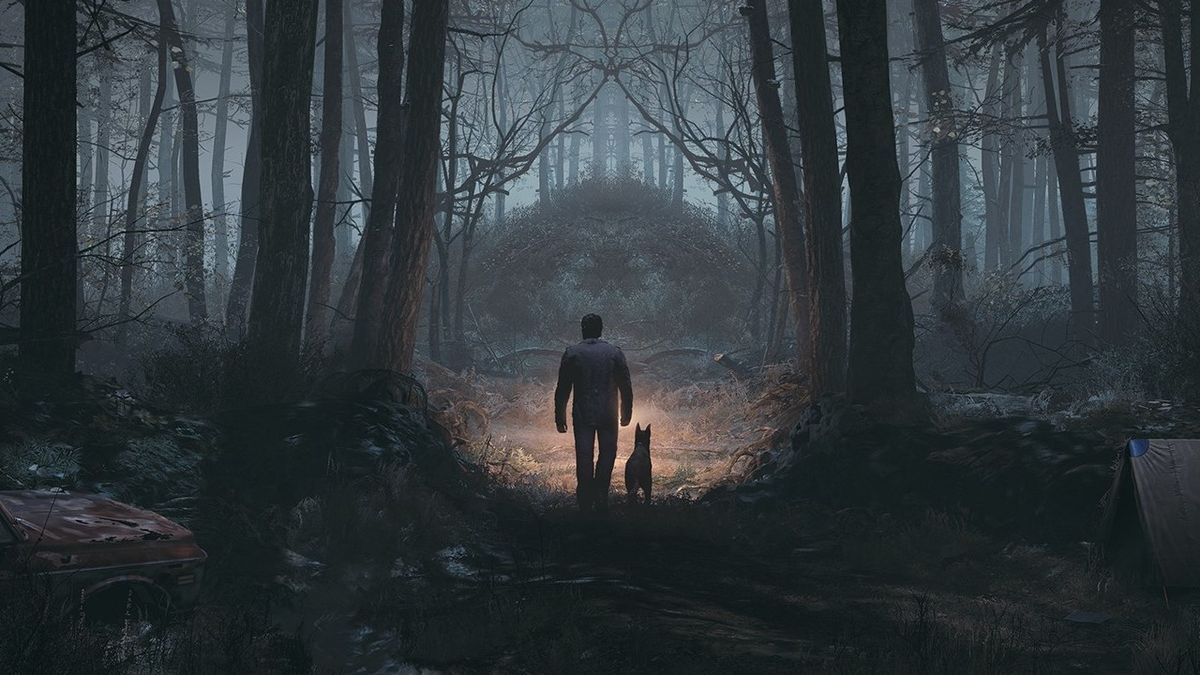Maybe it was the point when Vincent Brooks, Catherine%26rsquo;s protagonist, grew ram horns from the back of his head. Or maybe it was when we had to ascend a series of seemingly unending blocks to escape a mutant infant that was spewing chainsaws from its mouth. The thing is, we don%26rsquo;t exactly remember when we decided Catherine was one hell of a wtf-mind-trip. We just know we dug it. Crucial changes have been made since the Japanese version, removing most of the gameplay annoyances.
A puzzle game at its core, Catherine is Atlus%26rsquo; first in-house HD title, and is an odd mix of a narrative-driven dating sim and a complex puzzler that explores the often not-so-simple relationships between men and women. Things start out innocently enough: we are introduced to Vincent, the 32-year-old dude who can%26rsquo;t seem to find his groove. Between a job that feels like prison and a relationship that feels like a job, his ambitions are… lacking. You see, he%26rsquo;s been dating his girlfriend, Katherine, for more than five years, and now she%26rsquo;s pressuring him to pop the question.
Wanting to continue his carefree way of life, Vincent frequently imbibes with his buddies at his favorite bar, Stray Sheep. It%26rsquo;s here we meet the titular character, Catherine: she%26rsquo;s flirty, she%26rsquo;s sexy, and she%26rsquo;s everything Vincent wants but knows he can%26rsquo;t have%26hellip; until he wakes up one morning and finds her sleeping next to him in his bed. Naked. That%26rsquo;s when the nightmares begin.

The cube-based puzzles that constitute Vincent%26rsquo;s nightmares are, for the most part, frantic and fun. You must reach the top of each towering puzzle by pushing, pulling, and scaling numerous blocks as the floor gives out beneath you. Multiple solutions allow for variation in your approach to each situation, though moving a series of blocks incorrectly can lead to a dead end – luckily, a rewind feature lets you reset your last few moves and try again. Even on the Easy setting, these challenges can become quite difficult.
The nightmares are populated with plenty of oddities and obstacles. Anthropomorphic sheep (a common motif throughout the game) often teach new climbing techniques, but also try to push you from ledges. Special cubes, such as dark blocks (which are heavy and require more time to manipulate), add variation to every puzzle, and we found plenty of items to aid our climb, such as powerups that enable you to materialize a cube out of thin air. Each chapter of puzzles ends with a challenging boss stage in which Vincent must escape the embodiment of some of his real-life phobias.

Character interaction segments and anime-style cutscenes propel the narrative and provide incentive to complete each series of puzzles. Outside of Vincent%26rsquo;s nightmares, the game%26rsquo;s setting exists primarily within the Stray Sheep bar, which acts as a hub for communicating with Vincent%26rsquo;s friends. Most character interaction is done via text messaging. When Katherine texts that she%26rsquo;s annoyed by your frequent bar visits, you can choose from a list of available responses and apologize or tell her to mind her own business. Your decisions ultimately decide which of the many endings you receive, and your responses are tracked through an unexplained meter, which, at first glance, resembles a morality system. Yet it%26rsquo;s important to note Catherine is not about good or bad choices in terms of morality, and we found the experience most enjoyable when we approached each situation as if we were in Vincent%26rsquo;s shoes.
The multiple endings lend themselves well to the game%26rsquo;s replayability, as the story is genuinely fun to watch unfold. However, by the end of the game we were anxious to witness the narrative%26rsquo;s conclusion, and started to feel annoyed by the necessity of completing puzzles before we could move on. Expect to spend around 12 hours or more in a single playthrough. Additionally, puzzle completion times and scores are tracked via online leaderboards, and there are even multiplayer modes for taking on friends head-to-head for those looking for some competitive action.

Yet, aside from Catherine%26rsquo;s quirky, unique style, perhaps the game%26rsquo;s greatest strength lies in its adult themes – not its occasional sexual implications, but instead its ability to confront the real-life, this-ain%26rsquo;t-always-easy world of relationships. Vincent is a very human character. He%26rsquo;s reached a point where he must decide who he is and what he wants. Does he sacrifice his carefree lifestyle and commit to Katherine? Or does he live solely for himself, acting on spontaneous impulses and selfish desires? In a sense, the puzzles become an allegory for fleshing out his problems – our problems. Do we play through the game with the intentions of ending up with a particular woman? Or does Vincent become an everyman, a filter through which our own desires and morals are exposed? Catherine is a breath of fresh air, an experience that is silly, fun, and serious all at once. Whether you%26rsquo;re looking for a one-night stand or a long-term commitment, we highly recommend giving it a shot.
Jul 25, 2011
 Game News Video Games Reviews & News
Game News Video Games Reviews & News



